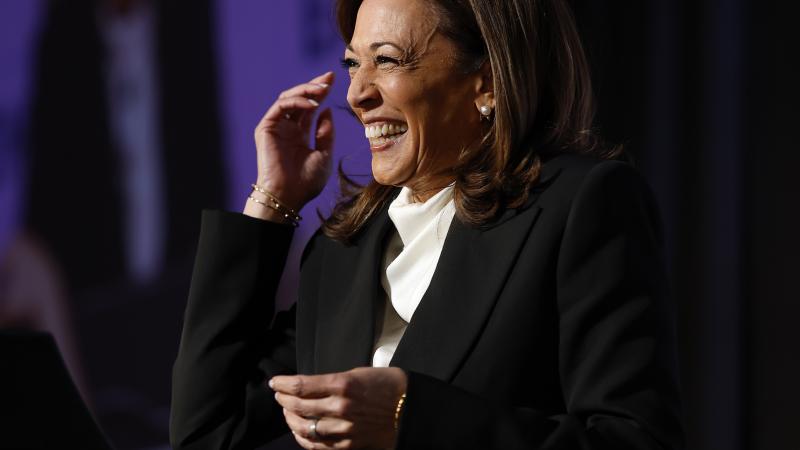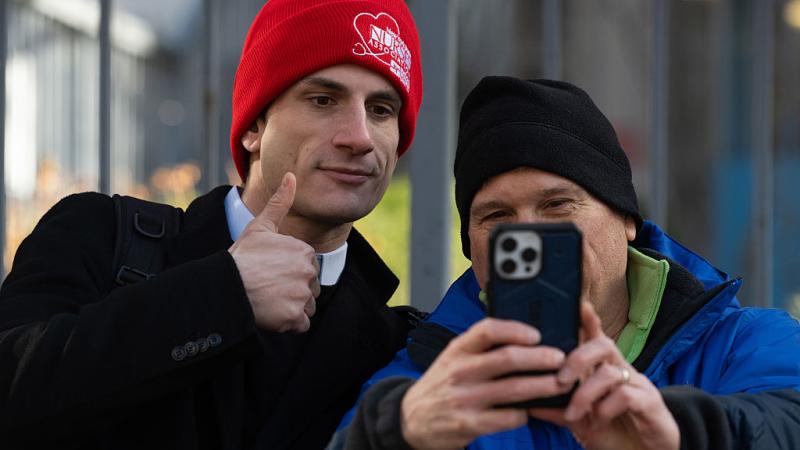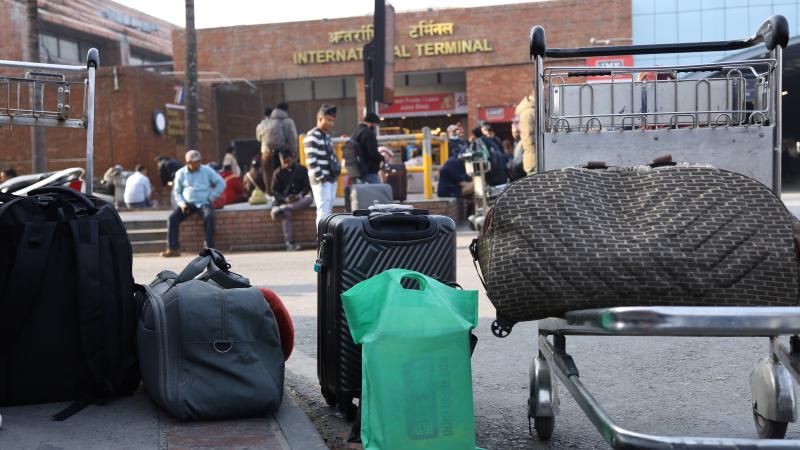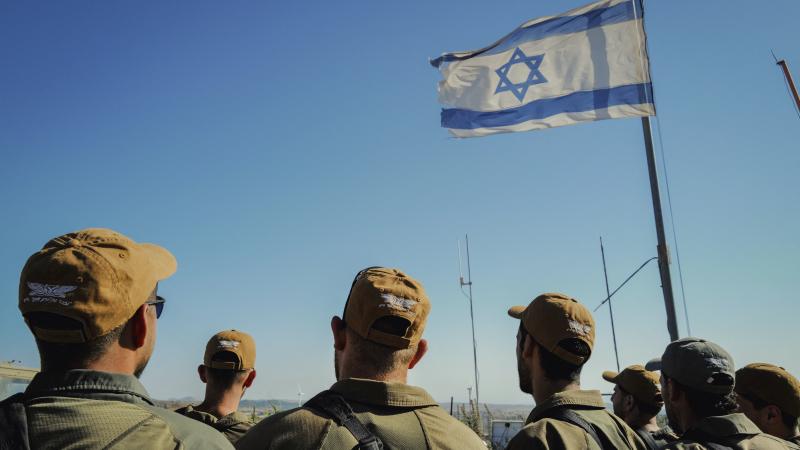Dershowitz warns Trump could still be tried before November despite Supreme Court ruling
"There's a possibility that you could have a trial on some issues before the election," Dershowitz said on the "Just The News, No Noise" TV show. "We'll see a lot of litigation, a lot of strategy, a lot of tactics being employed over the next months. The real question is, can they squeeze in a trial in October?"
Harvard Law Professor Emeritus Alan Dershowitz warned voters on Monday that former President Donald Trump could still be tried in Washington, D.C., before November's general election, despite a Supreme Court ruling that appeared to help his case.
The Supreme Court ruled on Monday that presidents have presidential immunity for some "official acts," but not unofficial ones, which could throw a wrench in prosecuting Trump for his alleged efforts to overturn the results of the 2020 presidential election.
The high court did not specifically state what constitutes official versus unofficial acts, so a lower court will now have to determine which acts alleged in the Washington, D.C., indictment constitute official or private acts before the case can move forward.
"There's a possibility that you could have a trial on some issues before the election," Dershowitz said on the "Just The News, No Noise" TV show. "We'll see a lot of litigation, a lot of strategy, a lot of tactics being employed over the next months. The real question is, can they squeeze in a trial in October? I don't think that's a good thing for America to have a trial a month before the election.
"[Special counsel Jack] Smith said that he believes the American public has the right to know whether Trump is a felon or isn't a felon, and therefore there should be a trial before the election," he continued. "The problem is, they won't know that until the appeals are exhausted. Even if he's convicted by a D.C. jury, the possibility of a reversal on appeal is considerable."
Dershowitz noted that although the Supreme Court did not clarify what actions constitute an official act versus unofficial acts, extreme actions on both sides are perfectly clear. For example, the president killing a terrorist is protected, but Trump's actions in his hush money case were not protected.
"Where we have problems is when [Trump's] trying to, he claims, enforce the laws, but he's enforcing them in a way that the prosecution believes are helpful to him politically," Dershowitz said. "But the court had a very important sentence, it says in assessing the difference between personal and official acts, you cannot look to the president's motive. You have to look at objective acts."
Trump has been charged with conspiracy to defraud the U.S. government, threatening constitutional rights, conspiring to obstruct an official proceeding, and obstruction of an official proceeding.
Monday's ruling was considered a huge victory for Trump, and marked the first time the Supreme Court ever considered whether a president can be held criminally liable for actions taken while in office.
Misty Severi is an evening news reporter for Just the News. You can follow her on X for more coverage.
















